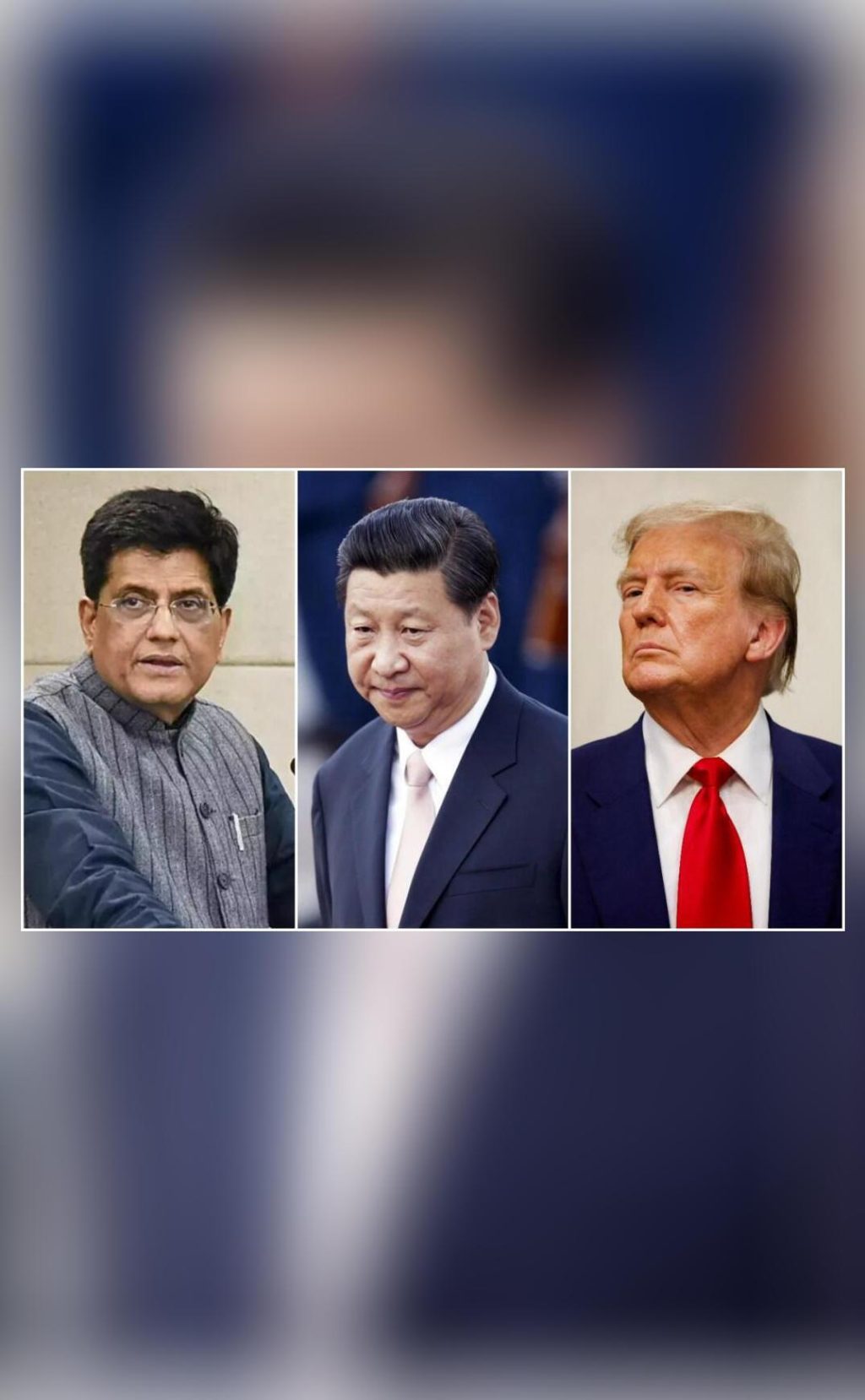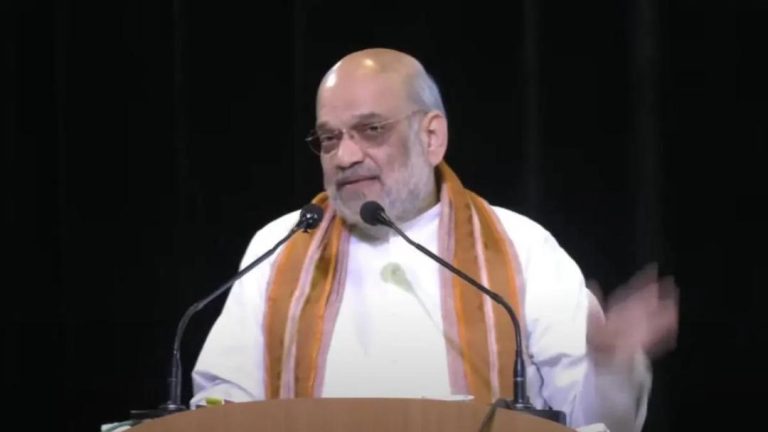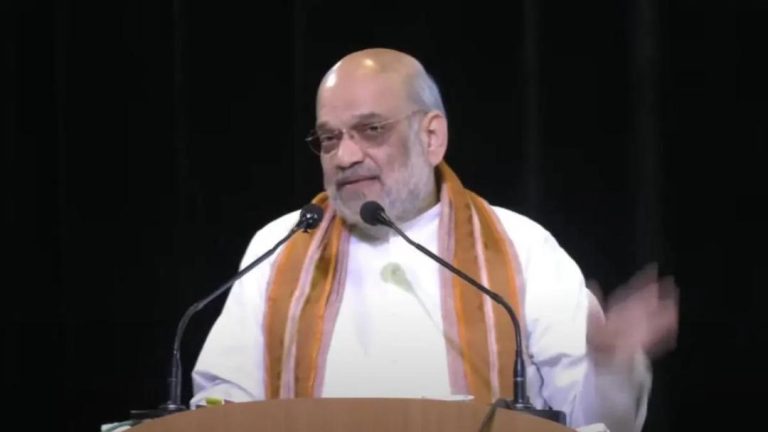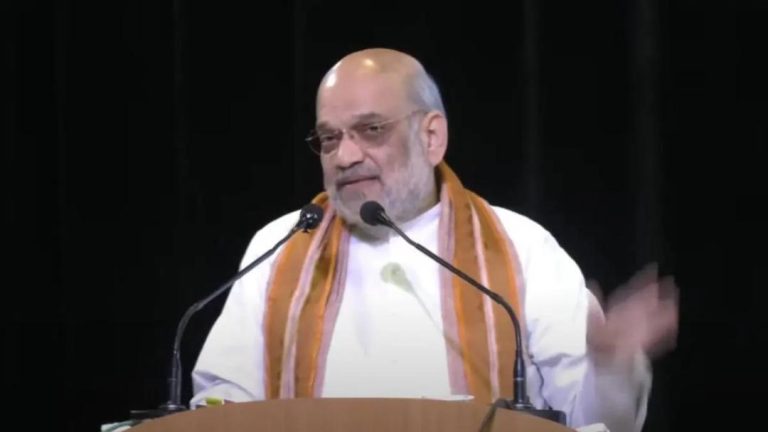
China Growing Due to Unfair Trade Practices: Goyal on US-China Row
The ongoing trade war between the United States and China has taken a new turn, with both countries imposing tariffs on each other’s goods. The situation has sparked concerns about the impact on global trade and the economy. Amidst this backdrop, Union Commerce and Industry Minister Piyush Goyal has made some significant comments on China’s growth and the unfair trade practices that have contributed to it.
In a recent statement, Goyal said that China’s growth can be attributed to its unfair trade practices. He emphasized that the entire focus should be on fair play, and pricing goods and services “at an honest value”. This statement comes as no surprise, given the long-standing concerns about China’s trade practices and its impact on other countries, including India.
China has been accused of engaging in unfair practices such as intellectual property theft, forced technology transfer, and massive subsidies to its industries. These practices have enabled China to dominate global markets and give its companies a significant competitive edge. The country’s aggressive trade policies have also led to concerns about national security and the potential for China to use its economic might to influence global politics.
The current trade war between the US and China is a direct result of these concerns. The US has imposed tariffs on Chinese goods worth over $250 billion, citing concerns about intellectual property theft and forced technology transfer. China has retaliated by imposing tariffs on US goods worth over $110 billion. The situation has led to a tit-for-tat trade war, with both countries imposing tariffs on each other’s goods.
Goyal’s statement is significant because it highlights India’s concerns about China’s trade practices. India has been a vocal critic of China’s trade policies and has repeatedly accused it of engaging in unfair practices that harm other countries. Goyal’s statement is a clear indication that India is committed to fair trade practices and is opposed to China’s aggressive trade policies.
The US-China trade war has also had a significant impact on the global economy. The tariffs imposed by both countries have led to a surge in global trade tensions, which has had a negative impact on global growth. The World Trade Organization (WTO) has warned that the trade war could lead to a global recession if not resolved.
In a recent statement, the WTO said that the trade war could lead to a decline in global trade, which could have serious consequences for the global economy. The organization has called on both countries to resolve their differences through dialogue and to find a solution that benefits all countries.
The situation is further complicated by the fact that China is a key player in global trade. The country is the world’s largest trader, accounting for over 12% of global trade. Its aggressive trade policies have led to concerns about the stability of the global supply chain and the potential for China to use its economic might to influence global politics.
The US-China trade war has also had a significant impact on global markets. The tariffs imposed by both countries have led to a surge in global uncertainty, which has had a negative impact on stock markets. The Dow Jones Industrial Average has fallen by over 10% since the trade war began, while the S&P 500 has fallen by over 12%.
The situation is further complicated by the fact that both countries are major players in the global economy. The US is the world’s largest economy, while China is the world’s second-largest economy. The trade war has led to concerns about the potential for a global recession, which could have serious consequences for the global economy.
In conclusion, Goyal’s statement highlights India’s concerns about China’s trade practices and its impact on the global economy. The US-China trade war has had a significant impact on global trade and the economy, and it is essential that both countries find a solution that benefits all countries. The situation is further complicated by the fact that China is a key player in global trade and its aggressive trade policies have led to concerns about the stability of the global supply chain and the potential for China to use its economic might to influence global politics.






